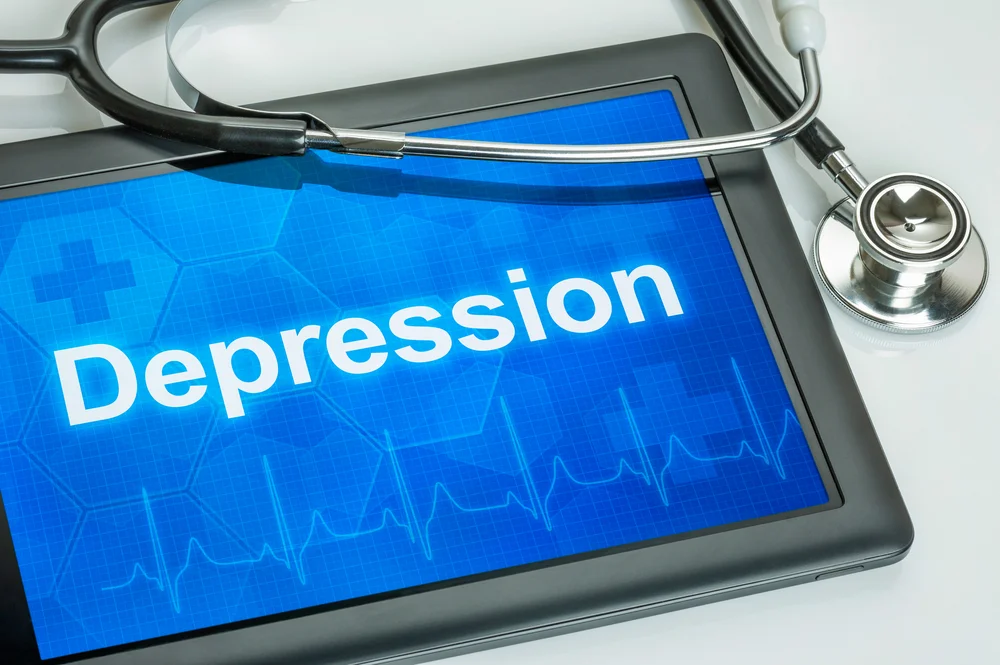If you’ve been feeling stuck, low on energy, or overwhelmed by everyday stress, you’re not alone. Many people feel this way at some point, and it’s okay to ask for help. A mental health psychologist can support you when things get tough and guide you toward a healthier mindset.
In this blog, you’ll find out how a psychologist can help you feel better, think more clearly, and handle life with more ease.
What Does a Mental Health Professional Do?
A psychologist helps people understand their thoughts, emotions, and behaviors. They listen without judgment and offer guidance in a safe and private setting. Whether you’re facing anxiety, burnout, trauma, or just feel out of balance, their job is to help you find clarity and direction.
They don’t just talk to you about your problems. They teach you real-life tools to handle them. These tools can include simple breathing exercises, ways to break harmful thought patterns, or steps to help you feel more confident and calm.
When Should You Consider Talking to a Psychologist?
It’s easy to believe you should be able to handle everything on your own. But mental and emotional pain deserve just as much care as physical pain. You wouldn’t ignore a broken leg, so why ignore a broken heart or tired mind?
You might want to speak to someone if:
- You constantly feel anxious or worried
- You’re tired all the time, even after sleep
- You don’t enjoy things you used to love
- You feel stuck in your thoughts or memories
- You’re having trouble with work or relationships
Even if your feelings aren’t extreme, getting support early can make a big difference.
Benefits of Getting Support from a Psychologist
Talking to a professional can help you feel heard, understood, and respected. Here’s what you can expect:
- Clear thinking: When you talk things through, your mind starts to feel less foggy.
- Problem-solving skills: Learn new ways to handle stress, solve issues, and bounce back after setbacks.
- Emotional relief: Letting things out in a safe space can lift a weight off your shoulders.
- Better relationships: Understand how you connect with others and improve how you communicate.
Over time, this support helps you feel more stable, hopeful, and in control of your life.
Getting Support Online Is Easier Than Ever
Life is busy. Work, family, and errands don’t leave much room for travel or long wait times. That’s where online therapy services come in. You can now speak with a psychologist from your home, office, or wherever you feel most comfortable.
Online support offers the same level of care you’d get in person, but with added convenience. All you need is a quiet space and a device with internet.
Some people find it easier to open up from the comfort of their own home. It can also be a great option for those living in smaller towns or those with health concerns that make travel hard.
Common Methods Used in Mental Health Therapy
Not all therapy is the same. There are different ways psychologists help people feel better. Some popular options used in Mental Health Therapy include:
- Cognitive Behavioral Therapy (CBT): Helps you notice and change unhelpful thoughts and behaviors.
- Acceptance and Commitment Therapy (ACT): Teaches you to focus on what truly matters to you, even when life feels tough.
- Mindfulness-Based Therapy: Trains your mind to stay in the present, which reduces worry and tension.
- EMDR (Eye Movement Desensitization and Reprocessing): Often used for trauma or difficult memories.
- Emotion-Focused Therapy: Helps you better understand your feelings and how they affect your actions.
Your psychologist will recommend what works best for you based on what you’re going through.
What to Expect at Your First Appointment
The idea of opening up to someone new can be a little scary. But your first session is just a conversation. You don’t need to have the perfect words or know exactly what to say. The psychologist will ask you questions about what’s been bothering you, what your goals are, and how you’re feeling lately.
This is your time to speak freely. You can also ask questions, like:
- How often should we meet?
- What type of therapy might help me?
- How long does it usually take to feel better?
After this, you’ll decide together on the next steps.
How Mental Health Support Helps with Burnout
Burnout isn’t just about being tired. It’s deep mental and emotional exhaustion. It often shows up in people who give a lot to their jobs or others but forget to care for themselves.
A good psychologist helps you:
- Set clear boundaries
- Get better sleep
- Find small joys again
- Rebuild your energy
You learn how to protect your mental space and avoid falling back into the same cycle.
It’s Not a Sign of Weakness—It’s a Sign of Strength
Many people worry about what others will think if they go to therapy. But reaching out for help takes courage. You’re choosing to take care of yourself. That’s not weakness—it’s wisdom.
Seeing a psychologist doesn’t mean you’re broken. It means you want to understand yourself better. It means you’re ready to take steps to live a more peaceful and satisfying life.

You’re Not Alone—and You Don’t Have to Stay Stuck
If you’ve been thinking about reaching out to a mental health psychologist, now is a great time to do it. Help is available, and it’s closer than you think. Whether you want to talk in person or try online therapy services, support is ready for you when you are.
Mission Hill Psychology offers compassionate and professional care to help you feel like yourself again. It’s a safe place to start healing and find direction in your life. You deserve peace of mind—take the first step today.




